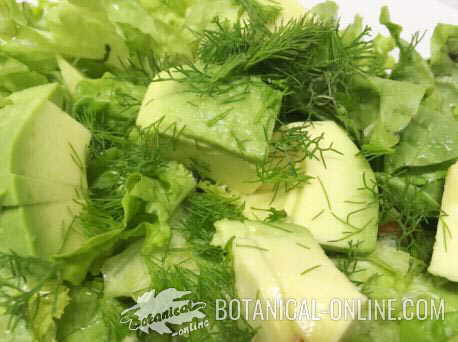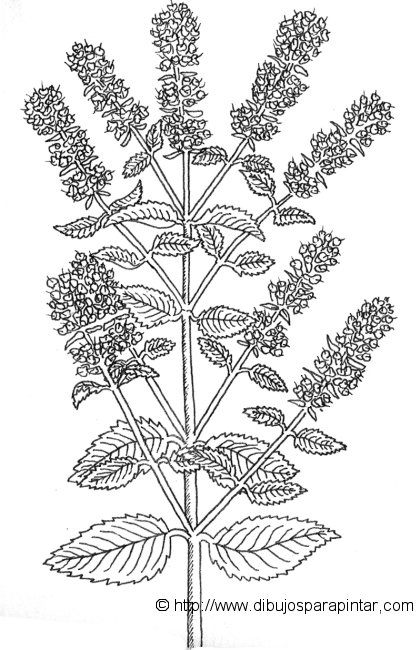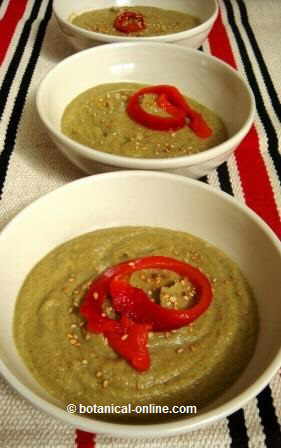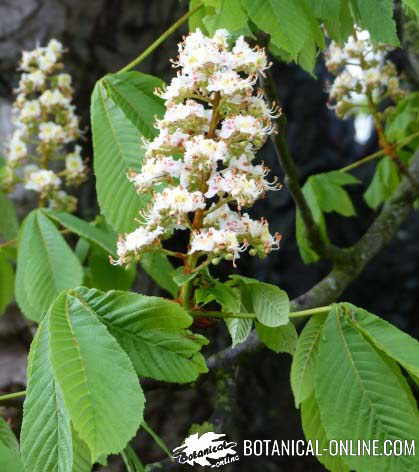Contents
Palm oil benefits
What is palm oil good for?
Due to its high content of saturated fatty acids, it is very stable and difficult to rancid or oxidize. Therefore, it has got the following nutritional properties:
- Long preservation: very well preserved and maintains its properties when used for frying or in dishes that require very high cooking temperatures.
- In addition, due to its texture, it is widely used in the pastry industry and in many confectionery preparations. It is even used for making butter and margarines.
- It is a very suitable oil for the food industry thanks to its solid texture, which avoids having to subject the oil to hydrogenation processes, to provide it with a solid state.
- It can be considered as a good food substitute for animal fats, which are less recommended because they can lead to circulatory or metabolic problems.
Health benefits of palm oil
There are to classes of palm oil: red palm oil and refined palm oil. They do not have exactly the same medicinal properties. Red palm oil (unrefined palm oil) is more beneficial than refined palm oil.
Beneficial properties of red palm oil
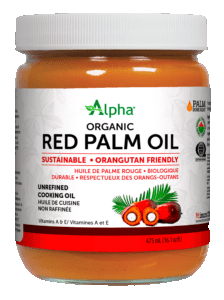
The unrefined palm oil, or red palm oil, due to its contribution in carotenes, presents a characteristic reddish coloration.
Carotenes provide crude palm oil with a great antioxidant effect that manifests itself in the form of a protective action on our skin, our eyes, and other parts of our body. Among the many benefits we can point out:
- Eyes diseases: Crude palm oil is beneficial to regenerate and maintain a correct state of the ocular retina and vision, preventing diseases such as loss of vision due to macular degeneration or night blindness.
- Good states of cellular function: Carotenes preserve the mucosa of our body and help maintain the cellular function of our body and are even related to the improvement of symptoms caused by asthma and some brain disorders such as headaches, or others as important as Alzheimer’s, Parkinson’s, etc.
We must bear in mind that it is better to take food with carotenes from food than those that come from chemical synthesis, that is, manufactured artificially. The former are better absorbed and assimilated,
This occurs because when being together with other nutrients that we find in food, a greater bioavailability and absorption of carotenes in our body is promoted, which by itself, is not as high and therefore, is not as functional.
Beneficial properties of refined palm oil
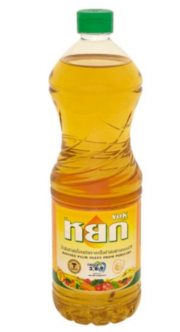
Refined palm oil, that is, the one sold in most establishments, does not contain carotenes, so we cannot benefit from the qualities provided by carotenes (precursors of vitamin A.). In spite of this, it also has two very important properties that it shares with non-refined palm oil.
- Absorption of fat-soluble vitamins: Both crude palm oil and refined palm oil help absorb fat-soluble vitamins.
- Vitamin E content: Both crude and refined palm oil contain vitamin E, in the form of tocopherols and tocotrienols, thereby contributing to the supply of antioxidants to our body.
Therefore, if we make a completely fat-free diet, we can cause significant vitamin deficits, with severe repercussions.
Disadvantages of refined palm oil
Because of the method of obtaining this oil and to ensure its validity for human consumption, it undergoes a refining system that eliminates its contribution of carotenes. For this reason, it no longer maintains their beneficial properties.
Due to its high content of saturated fatty acids, refined palm oil promotes cholesterol elevation and may increase the possibility of coronary heart disease.
Refined palm oil has less beneficial properties than non-refined palm-oil.
![]() More information on palm oil
More information on palm oil



